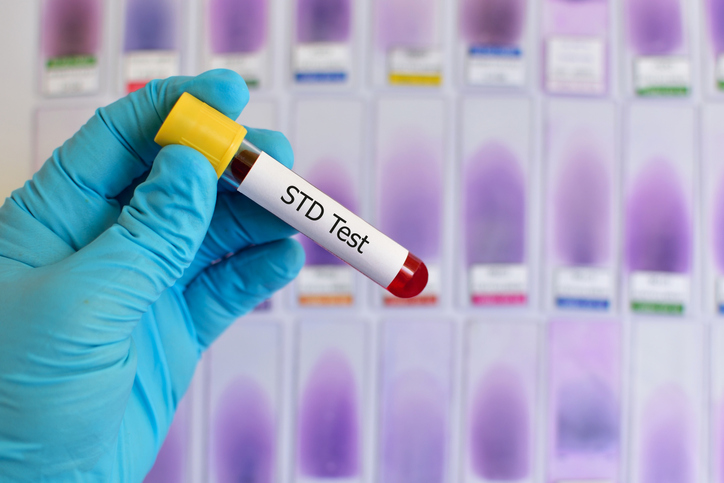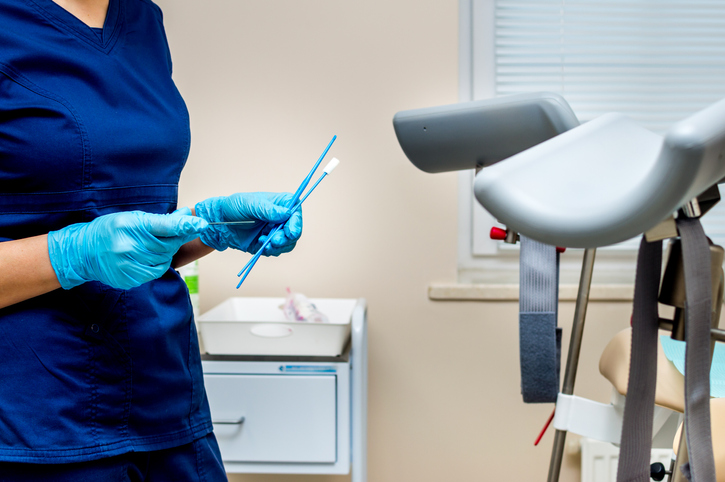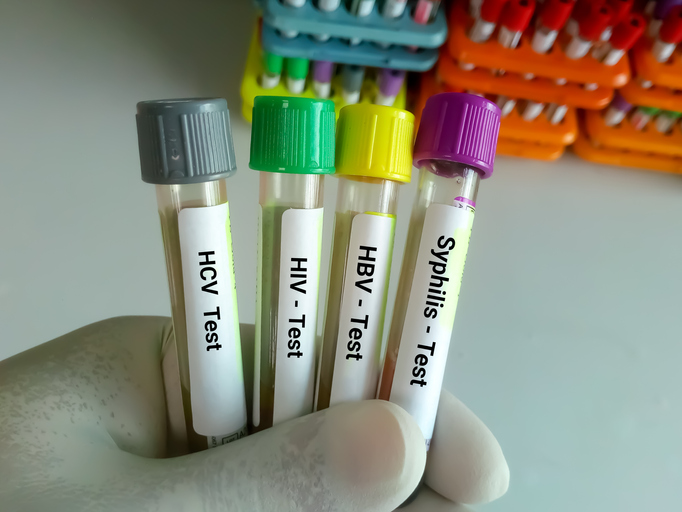If you’re reading this, there is a possibility that you might be afraid of getting infected with an STD. If you did not use protection and are afraid to get infected with STDs, it is important to get STD screening in Los Angeles. If you had sexually involved with someone who has had intercourse with different people, you might want to get an STD screening.
You may have run to get tested the following day after freaking out. Many people also run to online platforms to find out the symptoms of STD and to ensure that they are okay, only to see horrifying photos and news about people who have lost internal organs or lost a limb due to an infection. You start thinking about how much your liver hurts and how much your mind is racing, and you realize that you are right. It is possible to get infected if you are not taking the right measures.
STD screening tends to focus on symptoms, treatments, and worst-case scenarios, which is problematic. There are not any quick symptoms that STD shows in the first place. The precautions related to sex safety are often ignored. Even if using a condom does not provide100% safety, you must make sure to use it.
Due to this, many individuals are often afraid of getting infected. Nobody can tell the level of the infection, the possibilities of getting an STD, or what it feels like to have an STD without testing. Infertility, organ damage, some forms of cancer, and even death are possible outcomes of untreated STIs.

Asymptomatic STDs
Many sexually transmitted infections (STIs) show no symptoms at all (asymptomatic). The illness may be transmitted even if there are no symptoms. Due to this, it is essential to wear a condom while having intercourse. Also, schedule frequent STI testing in Los Angeles with your physician so that you may be detected and treated for an infection before it spreads.
Symptoms of chlamydia
Chlamydia is a genital tract bacterial infection. The early stages of chlamydia might be difficult to identify since they typically generate no symptoms at all. Even if you do have any symptoms after being exposed to chlamydia, they generally appear one to three weeks after the infection occurred and are minor enough to be overlooked.
The following are possible symptoms:
- Your urine flow hurts
- Pain in the lower abdomen
- Urethral secretions in females
- Penis discharges in men
- Women may experience pain during intercourse
- Bleeding in women when not menstruating
- Pain in the testicles among men
Bacterial Vaginosis
There are many different types of vaginal infections, but the most common is bacterial vaginosis (BV). If you have bacteria overgrowth in your rectum, you are more likely to have an STI. How does it happen? Unprotected intercourse may raise the chance of BV development, although the explanation is unknown. What are the side effects? More often, there are no visible signs. If you experience the symptoms, they might be:
- Itching in the vagina
- Vaginal secretion that may be white, gray, or even green in color.
- Vaginal odor with a “fishy” stench
- Urethral stinging during urinating
Can it be treated? It is possible to take prescribed antibiotics after getting STD testing in Los Angeles for free.
Genital herpes
If you’re infected with genital herpes, you may not realize it since the symptoms are so minor that you don’t notice them at all. How is it diagnosed? Herpes simplex virus type 1 (HSV-1) and herpes simplex virus type 2 (HSV-2) cause genital herpes (HSV-2). You could contract either one or both. Cold sores on the face are caused by HSV-1. Oral intercourse with an infected individual, on the other hand, might spread it to the genital region. By having vaginal, anal, or oral intercourse with someone who is infected, HSV-2 may develop genital herpes. What are the side effects? There are blisters that become painful, and open sores that linger for approximately a week as a result of the infection. Is there a treatment for this? No, although there are medicines that may decrease the duration of an epidemic and reduce the intensity of symptoms.
Signs of gonorrhea
Gonorrhea is an infection of the genital tract caused by bacteria. Your lips, throat, eyes, and anus might all be infected by the bacterium. Within ten days of exposure, gonorrhea symptoms often begin to happen. Infected individuals, on the other hand, may go months without showing any symptoms.
Gonorrhea may cause a variety of symptoms, including:
- Bleeding or thickening of the penis or vaginal discharge
- Urinary discomfort or burning
- Bleeding during and between menstrual cycles
- Testicles that hurt and swell
- Intense bowel motions that cause discomfort.
- Itching in the anal region
Hepatitis
Hepatitis may cause the liver to hurt. In the United States, only three types of hepatitis (HAV, HBV, and HCV) are often seen.
How is it transmitted?
HAV is most often transmitted by the consumption of contaminated items, food, or beverages. HAV may also be shared sexually or when providing care to a sick person infected with the virus. HBV may be passed from one person to another by intercourse, needle sharing, syringes, or even from a woman to her unborn child during delivery. Injection drug usage is the primary method through which HCV spreads. HCV may spread via intercourse in rare situations.
What are the side effects?
Symptoms of HBV infection vary from person to person, depending on their age. HCV is also commonly asymptomatic. Fever, exhaustion, lack of, nausea, appetite, vomiting, discomfort, dark urine, stomach, clay-colored human waste, jaundice, and joint pain, are all symptoms that HAV, HBV, and HCV share when they manifest (yellowing of the skin).
Is there a treatment for this?
Hepatitis A and B vaccines are easily available. It is impossible to re-infect someone who has already been infected with HAV. Although there is no vaccination for hepatitis C, it is currently treatable with a prescription drug.

Syphilis
There are four phases of syphilis. Primary symptoms include an open sore. Because the sore might seem like a cut, an ingrown hair, or an innocuous lump, syphilis is referred to as the “great imitator.” A rash on your body, followed by sores in your mouth, vagina, or anus, is the first sign of the second stage. The third, or latent, the stage is when symptoms are most likely to go away. Years or your whole life might pass through this period. Those with untreated syphilis are just 15 percent more likely to progress to the last stage of the disease. By the time it reaches the last stage, organs and nerves have been damaged. It’s also been linked to cognitive issues. Therefore, it is very necessary to go for testing very often. You can search “STD testing near me” if you want reliable tests. Antibiotics might be prescribed by your physician for the treatment of syphilis. The fewer antibiotics you require and the faster they work, the sooner you begin therapy. If you suspect you have an STI or are sexually active and would want to get tested, make an appointment with your primary care physician or other healthcare professional very once. There are various free STD testing in California that you can take advantage of.



